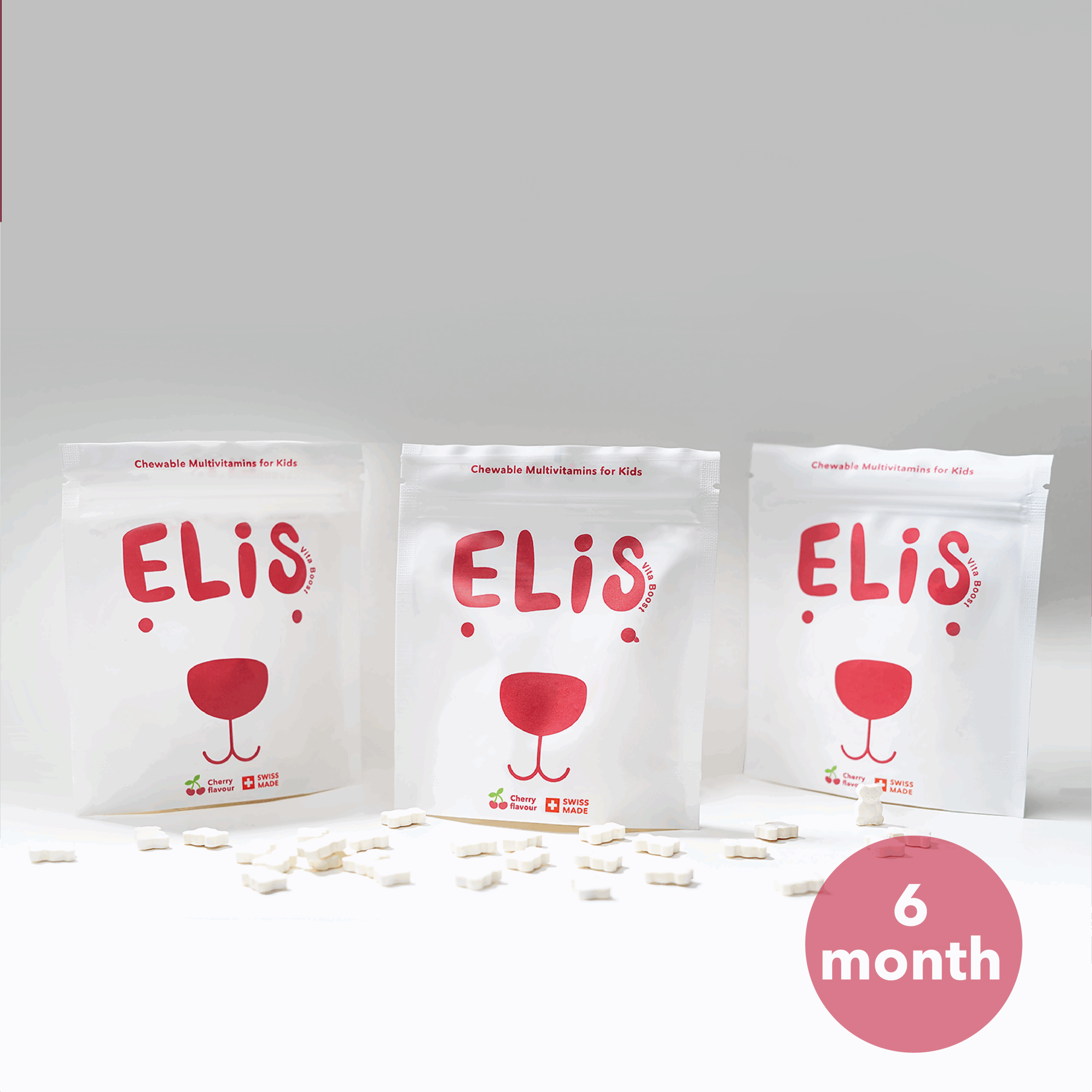Another untouched broccoli floret, fish pushed aside, or carrots secretly fed to the dog – sound familiar? Despite our best efforts to offer diverse foods, mealtimes can often feel like a battlefield. For picky eaters, the risk of nutritional deficiencies becomes even more pronounced.
The Silent Epidemic on Our Children’s Plates
Phrases like “My four-year-old eats only five foods,” “My grade-schooler refuses anything green,” or “My son hasn’t eaten meat in two years” are increasingly common in pediatric clinics.
Eating habits among both adults and children are shifting dramatically: seasonal fruits and vegetables are consumed less, while processed foods take up more space on the plate.
Studies indicate that many children do not receive the recommended amounts of essential nutrients. For instance, deficiencies in vitamin D, iron, omega-3 fatty acids, calcium, and zinc are prevalent among young children.
Signs of Vitamin Deficiencies You Shouldn’t Ignore
How can you tell if your child might be lacking vital vitamins and minerals? Key indicators include:
- Persistent fatigue, even after adequate sleep
- Pale skin, which may signal iron deficiency
- Stunted growth in height or weight
- Frequent infections or slow-healing wounds
- Dry skin and brittle hair
- Mood swings or irritability
- Sleep disturbances
These symptoms can be associated with deficiencies in vitamins A, B-complex, C, D, and minerals like iron, zinc, and magnesium.
When Do Supplements Become Necessary?
Ideally, children should obtain all necessary nutrients from a varied, balanced diet. However, certain situations may warrant supplementation:
- Limited Diets: Children who avoid entire food groups.
- Special Dietary Needs: Vegetarians, vegans, or those with food allergies.
- Growth Spurts: Periods of rapid growth, such as puberty.
- Intensive Physical ActivityActive children engaged in sports.
- Post-Illness Recovery: After illnesses or antibiotic treatments.
- Winter Months: Reduced sun exposure leading to lower vitamin D synthesis.
Smart Supplementation: How to Support Your Child’s Nutrition
If you notice signs of nutrient deficiencies or fall into one of the above categories, consider the following steps:
- Consult a Healthcare Professional: A pediatrician can recommend necessary tests and appropriate supplements.
- Choose Age-Appropriate Supplements: Ensure dosages are suitable for children.
- Check the Ingredients: Avoid supplements with artificial colors, flavors, or high sugar content.
- Consider Form and Taste: Chewable or liquid forms may be more acceptable to children.
- Maintain Consistency: Regular intake is key to effectiveness.
Daily Wellness: What to Choose?
ELIS Vita Boost vitamins offer a convenient solution for families seeking both quality and ease:
- One tasty gummy per day – easy for parents, enjoyable for kids.
- Free from added sugars and common allergens – ideal for sensitive children.
- A comprehensive blend of 12 scientifically-backed vitamins.
- Delicious cherry flavor that children look forward to.
This article is not intended as medical advice. Always consult with a doctor or nutrition specialist before introducing any supplements to your child’s diet.








